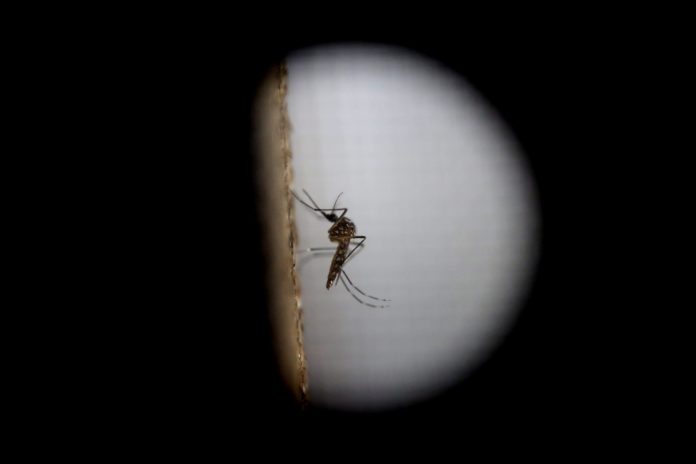
For a fairly non-descript virus, Zika continues to surprise us. Zika has hit the headlines yet again with the news that there’s been transmission in Brazil of two cases by blood transfusion.
This is on top of the recent news about sexual transmission of the virus in the United States. Zika is a “vector-borne” virus – that is, it is transmitted by a vector, in this case a mosquito. In general, you need to get bitten by an infected mosquito before you can be infected by Zika. At least that’s what we thought.
With the news that this mosquito-borne virus has likely been transmitted by blood transfusion and sex, Zika is now set to become a widely researched and much-pondered phenomenon.
Blood transmission
The potential for Zika transmission via blood transfusion has been speculated for some time. The two cases in Campinas, Brazil, are the first known Zika infections acquired through this transmission method.
Britain, the US, Hong Kong, Canada and Australia are all now deferring blood donations from donors who have recently been to Zika-affected countries. These deferrals makes transmission by transfusion a low risk. Blood donations are routinely screened for a variety of diseases.
Sexual transmission
Previously we had heard reports of a scientist who had been infected with Zika while working in Africa. After returning home, his wife, who hadn’t travelled to Africa, was also infected – but not their children. The most obvious explanation was that sexual transmission was the reason his wife was infected.

At the time this seemed unusual. There had never been another vector-borne virus that had been transmitted in this way. Most scientists would have been somewhat sceptical.
Later, in the French Polynesian outbreak, it was reported that a man had virus in his semen ten weeks after first having Zika-like symptoms. These results were filed away as one of those unusual but unimportant findings. Zika, after all, was not a big issue.
No condom, no sex
Some countries are approaching the idea of sexual transmission cautiously. The United Kingdom has advised men who are returning from places with current Zika outbreaks with a female partner who is at risk of getting pregnant or is already pregnant to use condoms for 28 days – even if they haven’t had any symptoms.
For those who have had symptoms, the advice is to use a condom for six months.
While this might seem like an over-reaction – after all, there have only been two cases of known sexual transmission of the virus and millions of Zika cases – it is the uncertainty that makes public health officials cautious.
Should we be worried?
We don’t know whether other Zika cases have been infected through sex. We don’t know whether it’s possible for someone who has been infected through sexual transmission to then infect someone else through sex. We don’t know how long the virus might remain in semen.
We know the virus has been found in semen but not whether a woman can transmit the virus sexually. We know that it can be transmitted from the mother to the fetus. We know the virus can be found in urine but hasn’t been reported in breastmilk. We don’t know quite a lot.
From an evolutionary perspective it’s more important to know what will kill you than what will help you grow a better crop next year. When we hear about pandemic influenza, Ebola and now Zika, we do worry.
Infectious diseases, particularly new diseases, are scary because they are unknown. Throughout history, plagues have decimated human populations. With every new disease, particularly those that hit the headlines, there is the fear that this is the one that will impact you and your loved ones. Zika is unlikely to be that one, as it doesn’t have a high fatality rate like some past influenza pandemics and Ebola.
The good news is that you can do something about Zika if you’re in an affected area. Don’t get bitten by mosquitoes and do practice safe sex.
Beverley Paterson does not work for, consult, own shares in or receive funding from any company or organization that would benefit from this article, and has disclosed no relevant affiliations beyond the academic appointment above.
